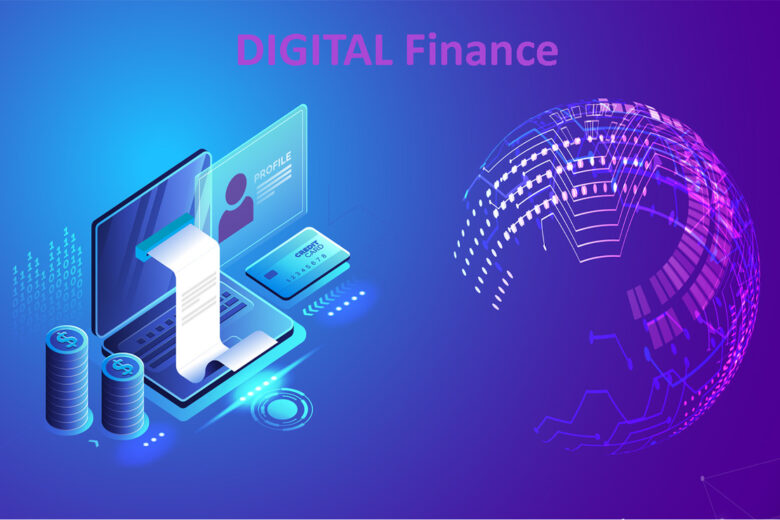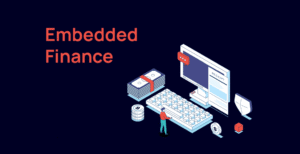In today’s fast-paced digital world, keeping track of your money online is essential. Digital wallets and mobile payments have simplified the process of sending and receiving money. This convenience comes with risks, as cybercriminals are constantly coming up with new ways to steal personal information. It is important to keep your financial information safe to prevent fraud, identity theft, and financial loss. By following basic online safety rules, you can keep your digital activities safe and bank worry-free. This article will give you practical and up-to-date advice to help you stay safe when using digital wallets.
Create a Strong and Unique Password:
Using a strong and unique password is one of the easiest and best ways to keep your bank account safe. Simple passwords like “123456” or “password” are easy to guess. Use a combination of numbers, letters (upper and lower case), and special characters to make your password difficult to guess. Do not use the same password for multiple accounts, because if someone hacks one account, the others are safe. You can use a reliable password manager to easily create and store strong passwords.
Enable Two-Factor Authentication (2FA).
Your accounts are more secure when you log in with two-factor authentication. Even if hackers get your password, they won’t be able to access your account. They’ll need a second step of verification, such as a fingerprint scan, SMS code, or an authenticator app. Please ensure that two-factor authentication is enabled on all of your financial accounts. Most banks and payment apps offer this feature. This small step can keep your money safe and prevent others from stealing it without your permission.
Beware of Phishing Scams:
Phishing scams are a common way for cybercriminals to trick people into giving up their personal information. Often, these scams come in the form of fake emails, text messages, or websites that look like legitimate banks. Always check the sender’s email address, and don’t click on suspicious links. If you receive an email that requires immediate action, call your bank’s customer service number or visit the bank’s website to confirm.
Keep Your Devices and Apps Updated:
Hackers exploit vulnerabilities in older software, making its use a huge security risk. Always keep your banking apps on your phone, computer, and other devices up to date. To protect yourself from new threats, set up automatic changes where possible. Also, make sure you have a strong antivirus program installed to protect you from malware that can steal your banking information.
Use a Secure Network When Doing Business Online:
While public Wi-Fi networks are convenient, they are not safe for financial transactions. Hackers can easily steal information sent over an unsecured connection. When banking or making online payments, always use a private Wi-Fi network or a virtual private network (VPN) that requires a password. A VPN encrypts your network data so that others cannot see your online activity.
Check Your Accounts Regularly:
Regularly checking your bank and credit card statements can help you quickly spot transactions that aren’t yours. Set up transaction alerts to receive immediate notifications of any activity on your accounts. If you happen to notice any unusual charges, please report them to your bank promptly. Early detection can prevent further damage to your financial situation and help you get back lost money quickly.
Don’t Share Personal Information:
Don’t share your personal and financial information, even with people you know. Don’t share your PIN, CVV, or OTP (one-time password) with anyone, not even a customer service representative. Reputable banks will never ask for this information. Additionally, avoid storing personal information in unencrypted locations where others can easily access it, like email or cloud storage.
Use Biometric Authentication Where Possible:
Many current banking apps have built-in biometric authentication features, such as fingerprint or facial recognition. These authentication methods are more secure than regular passwords because they are unique and difficult to copy. Biometrics is an additional layer of security to prevent unauthorized access.
Educate Yourself on the Latest Scams:
Cyber threats are changing rapidly, and the best way to stay safe is to stay alert. Follow security blogs you trust, sign up for alerts from your bank, and teach your family how to stay safe online. Being alert to new scams is the best way to protect yourself.
Conclusion:
While digital banking is very convenient, you must be very careful to protect yourself from cyber threats. Using strong passwords, enabling two-factor authentication, avoiding phishing scams, and keeping your electronic devices secure can significantly reduce your risk of financial fraud. You will be safer if you stay up-to-date and aware of the latest scams. By following these online security tips, you can reap the benefits of digital currency without compromising your security. Always stay alert, stay up-to-date, and keep your banking information safe.
FAQs:
1. What should I do if I think someone has hacked my bank account?
Please contact your bank as soon as possible to freeze your account and report any transactions you did not authorize. Please update your password and activate two-factor authentication (2FA) if you haven’t done so already. Monitor your credit report for unusual information.
2. How can I be sure an email from my bank is authentic?
Check the sender’s email address for spelling and grammatical errors, and don’t click on links in email attachments. If you have any doubts about the authenticity of an email, visit your bank’s website or contact customer service.
3. Is mobile banking more secure than online banking?
Using strong passwords, two-factor authentication (2FA), and avoiding public Wi-Fi networks can help keep both secure. Biometric authentication can add an extra layer of security to mobile banking.
4. What is the safest way to store passwords for digital payments?
To keep your passwords safe, use a trusted password manager to encrypt your data. Don’t write them down or store them in unsecured digital notes.
5. Will security software protect me from fraud and financial theft?
Antivirus software can help detect malware, but for full protection, it’s best to combine it with other security measures, such as two-factor authentication (2FA), a secure network, and regular account monitoring.




